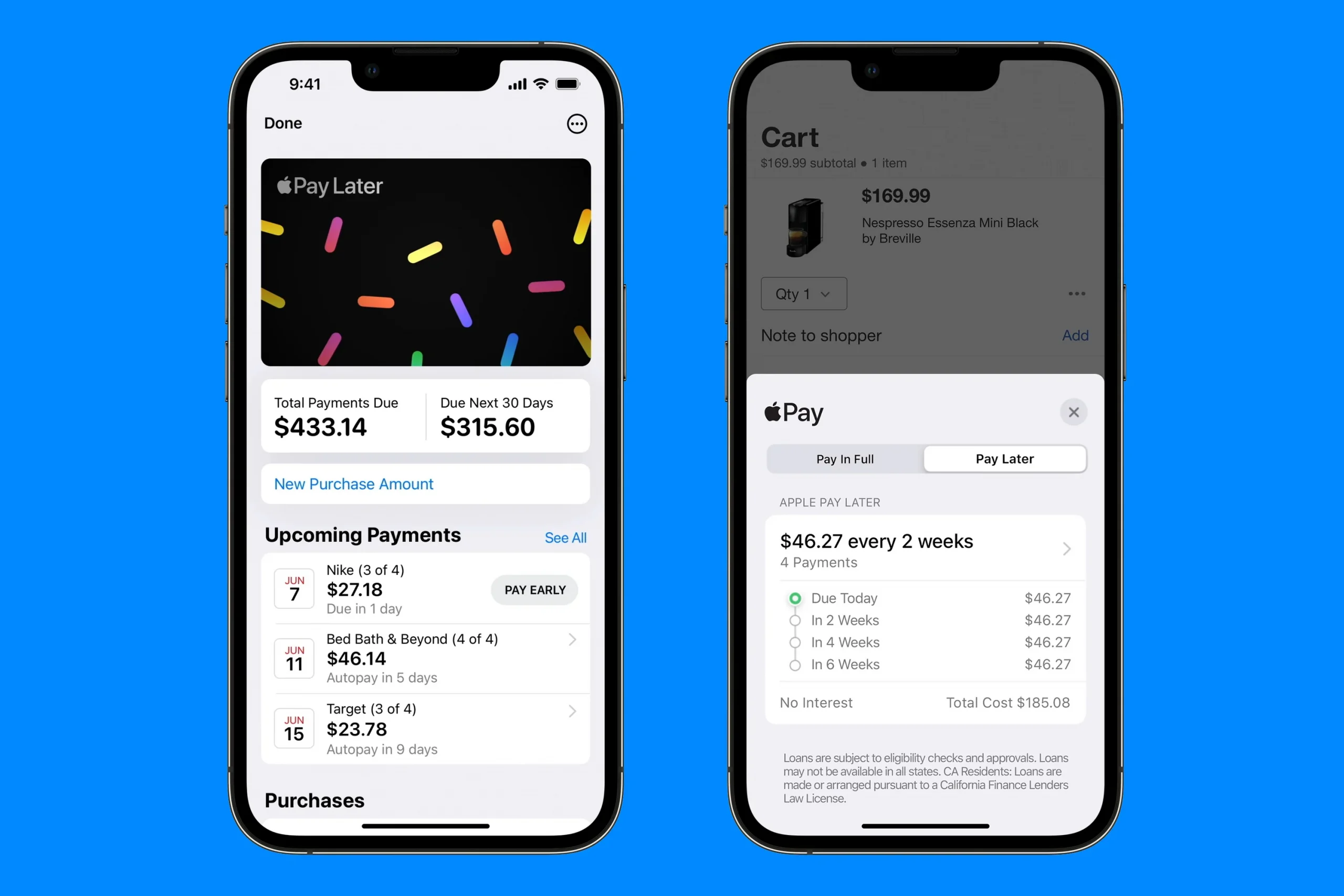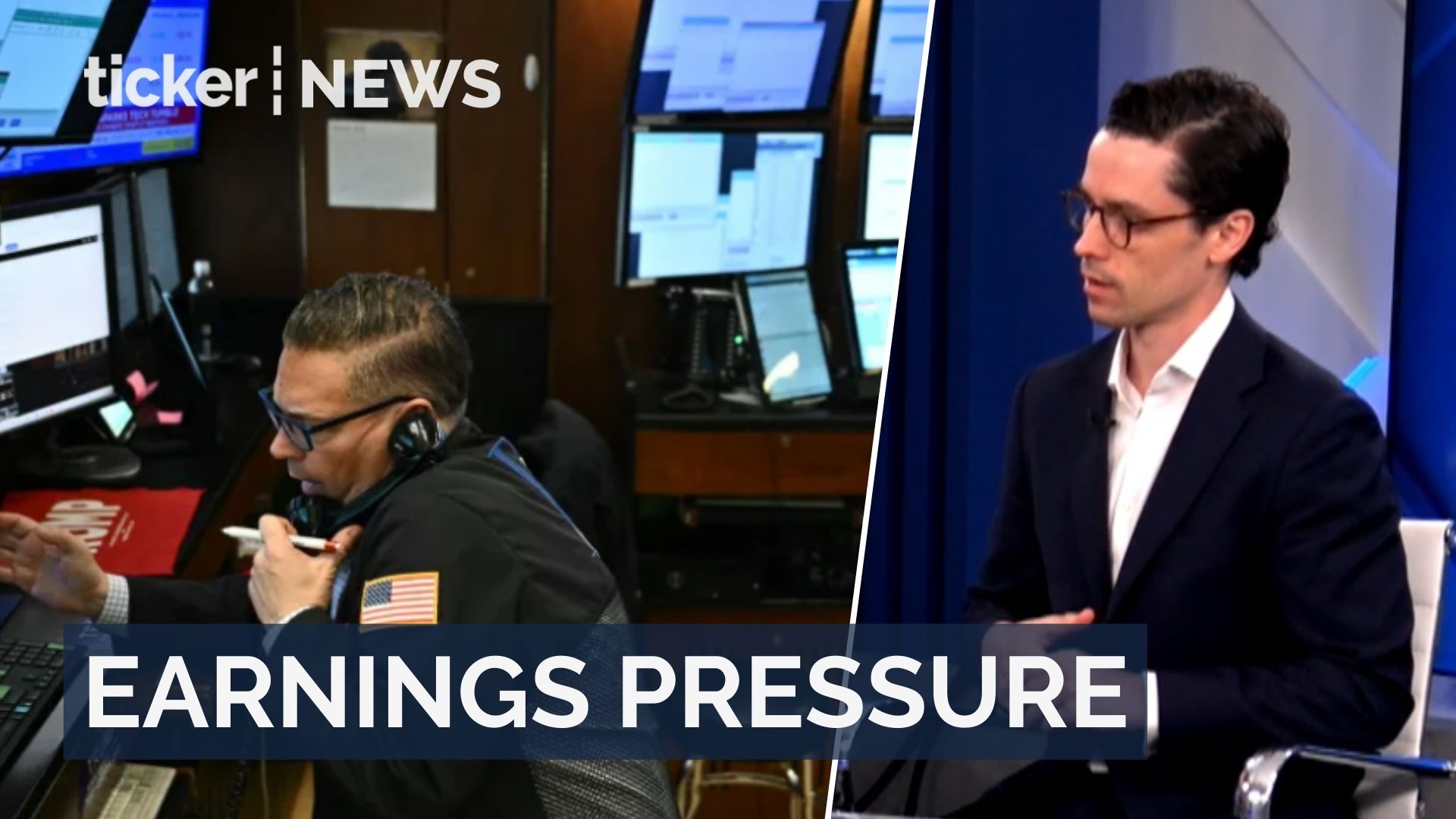Money
Apple drives fierce buy now, pay later competition

Money
U.S. stocks falling amid AI worries and weak earnings
U.S. stocks decline amid AI concerns, defensive sectors rising; traders eye commodities, jobs data, and currency trends for insights.
Money
Wall Street tumbles as tech stocks face AI disruption fears
Wall Street falters as tech stocks dive amid AI anxieties; 2026 seen as critical for proving AI investment returns.
Money
U.S. jobs report, Fed decisions, and Japan’s economic risks explained
January US jobs report sparks uncertainty; analysts debate impact on Federal Reserve policy and market confidence.
-



 Ticker Views4 days ago
Ticker Views4 days agoLunar Gateway faces delays and funding debate amid Artemis ambitions
-



 News2 days ago
News2 days agoRussia bans WhatsApp and promotes state-backed messaging app
-



 Ticker Views4 days ago
Ticker Views4 days agoSouth Korea introduces AI job protection legislation
-



 News2 days ago
News2 days agoAngus Taylor elected Liberal leader after decisive ballot victory
-



 Ticker Views5 days ago
Ticker Views5 days agoU.S. ambassador responds to NATO criticism at Munich Security Conference
-



 Leaders3 days ago
Leaders3 days agoUAE and Saudi Arabia lead MENA’s gaming economy
-



 News5 days ago
News5 days agoPM Keir Starmer facing his biggest leadership crisis yet
-



 Money2 days ago
Money2 days agoWall Street tumbles as tech stocks face AI disruption fears






